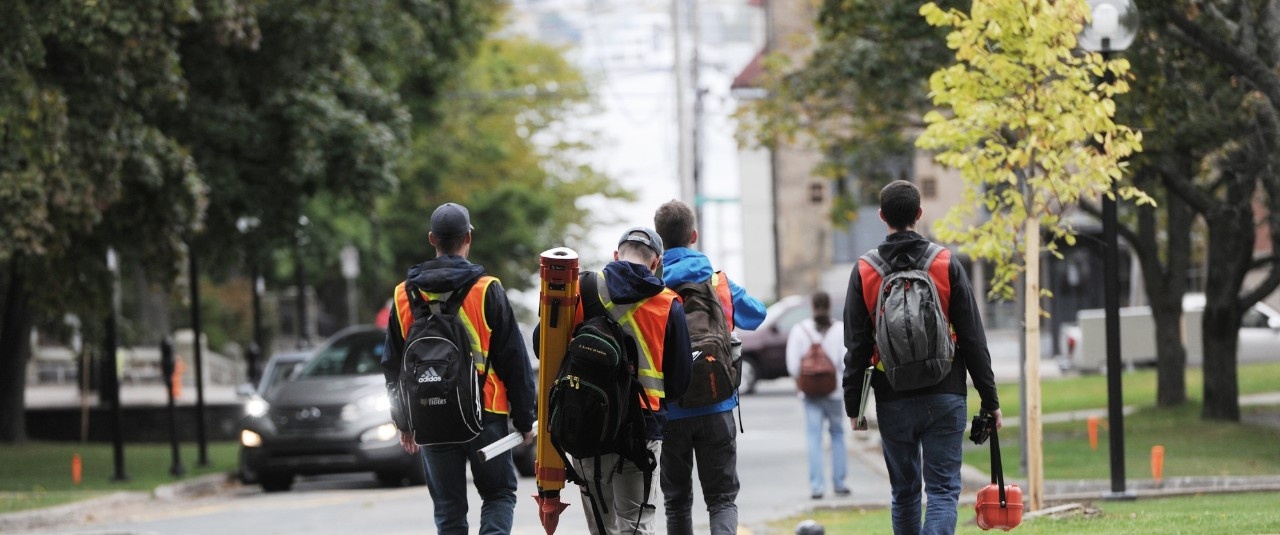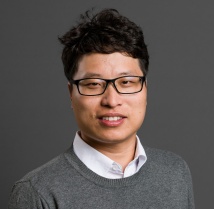Dr. Jiankang (Adam) Yang
Assistant Professor
Email: jiankang.yang@dal.ca
Phone: 902 494-3960
Fax: 902 494-3108
Mailing Address:
Dalhousie University, Sexton Campus
5268 DaCosta Row, Bldg D, Room D215
Halifax, NS, Canada B3H 4R2
- Environmental Fluid Mechanics
- Physical Oceanography
- Marine CO2 Removal
- Ocean Alkalinity Enhancement
Education and Experience:
- Assistant Professor, Civil and Resource Engineering, Dalhousie University (2024-present)
- Postdoctoral Associate, Yale Center for Natural Carbon Capture & Earth and Planetary Sciences, Yale University, U.S.A. (2022-2024)
- PhD, Civil Engineering, The University of British Columbia, Vancouver, Canada (2017-2022)
- MPhil, Civil and Environmental Engineering, The Hong Kong University of Science and Technology, Hong Kong S.A.R. (2015-2017)
- Exchange, National Tsing Hua University, National Cheng Kung University, Taiwan (2013, 2015)
- BE, Theoretical and Applied Mechanics, Sun Yat-sen University, Guangzhou (2011-2015)
Research Interests:
Dr. Yang's research utilizes numerical simulations, laboratory experiments, and field experiments to build the fundamental understanding of fluid mechanics with environmental concerns. He is broadly interested in (1) fluid mechanics in marine carbon dioxide removal, (2) mixing and transport of passive and active tracers in stratified flows, (3) fundamental convective and shear instabilities, and (4) particle settling and dissolution processes. He seeks to build a sustainable water environment and tackle the climate change that we are facing right now.
Prospective Students:
Are you interested in using science and engineering to contribute to Environmental Fluid Mechanics research? I am always looking for self-motivated undergraduate, master and PhD students to begin projects in September, January or May. Prospective graduate students should have (or will have) an undergraduate degree in engineering, mathematics, physics, geoscience/earth science, or a related discipline and have a history of academic excellence. Preferred candidates will have a background (through coursework, research or professional experience) in hydraulics or oceanography and some experience with programming (e.g., python, matlab), laboratory (e.g. PIV, LIF) or fieldwork (e.g., CTD, ADCP, remote sensing).

